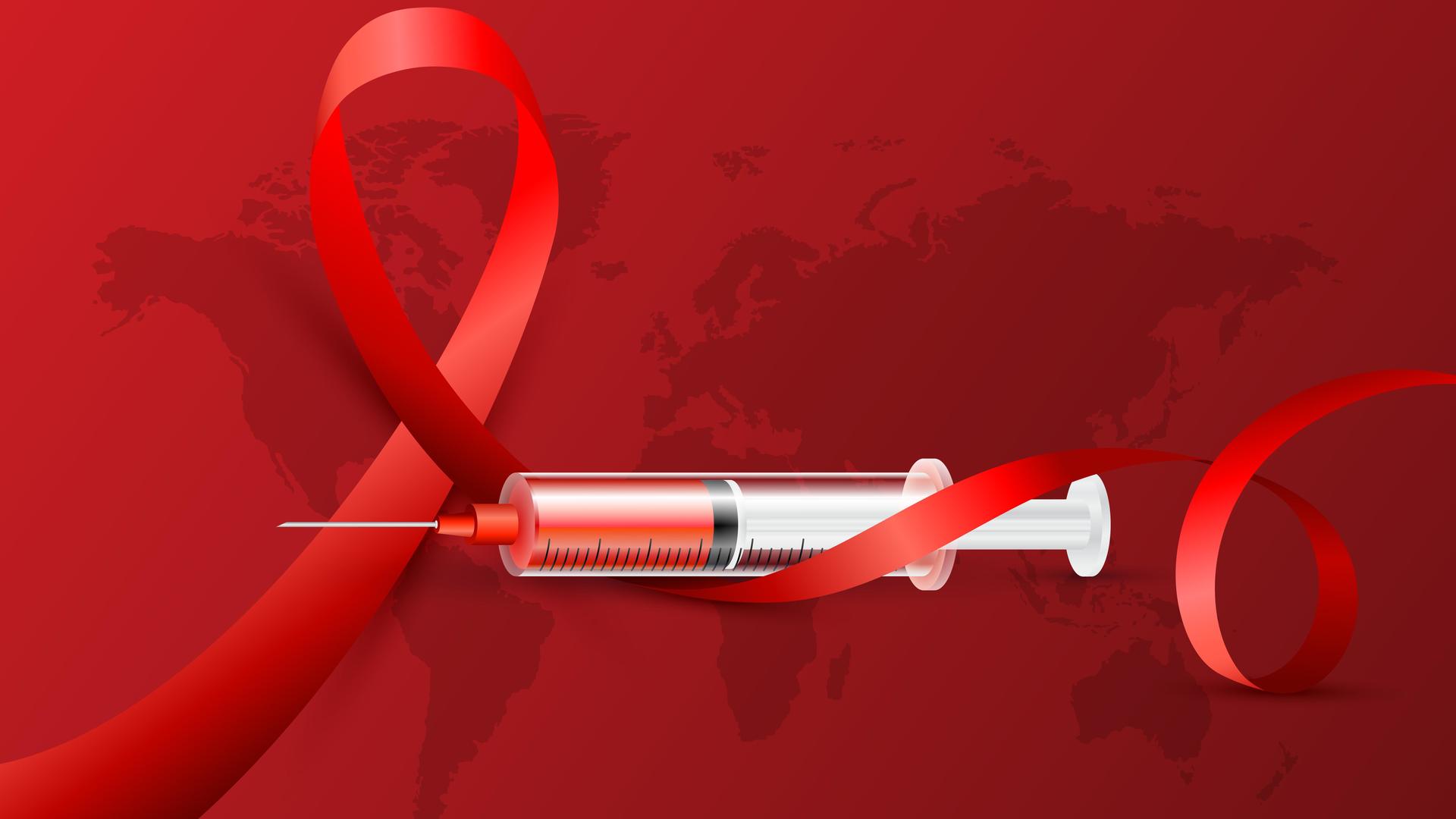
World AIDS Vaccine Day: Know its significance, causes, and symptoms
What's the story
Nelson Mandela once said, "Give a child love, laughter, and peace, not AIDS." HIV (Human Immunodeficiency Virus) is a life-threatening virus that affects our immune system, and if untreated progresses to AIDS (Acquired Immune Deficiency Syndrome) a potentially life-threatening condition. World AIDS Vaccine Day is observed on May 18 to promote the urgent need for a vaccine to prevent this deadly infection and disease.
Context
Here's what our expert says
Acquired immunodeficiency syndrome or AIDS is the clinical manifestation of the Human Immunodeficiency Virus(HIV) in humans. HIV infection is not curable but its clinical manifestations can be treated and controlled with medicines. Medical researchers have been trying to develop a vaccine for the virus since the late 1980s but it has not been a success due to the nature of the virus.
concept
Understanding AIDS and HIV
AIDS is the most advanced stage of infection caused by HIV. HIV targets the infection-fighting CD4 cells (T4 cells) of the immune system. When a person with HIV infection develops AIDS, it means that their immune system has weakened to the point where it cannot fight off other infections. HIV is transmitted in the body through, blood, semen, vaginal secretions, and breast milk.
History
History of the awareness day
In 1997, former U.S. President Bill Clinton gave the commencement address at Morgan State University, which served as the inspiration for H.I.V. vaccine awareness day. He emphasized how crucial immunization is to limiting and eliminating the devastating disease. Clinton stated the importance of utilizing science and technology to the fullest to create a vaccine that would increase people's capacity to combat HIV.
Observance
Why is the day observed?
The objective of World AIDS Vaccine Day is to raise awareness of the importance of taking preventative measures, promote AIDS education, as well as to create awareness of the necessity of vaccination. The day is also used to acknowledge the efforts of volunteers, community members, health professionals, and scientists working together to find a safe and effective preventive HIV vaccine.
Symptoms
Symptoms of HIV infection
Many people don't begin to experience the effects of HIV infection for months or even years. However, some of the early symptoms include fever, joint pain, sore throat, sweating particularly at night, red rashes on the body, unusual weight loss, tiredness, etc. Reportedly, an acute HIV infection progresses over a few weeks to months to become a chronic or asymptomatic HIV infection.
treatment
Is HIV curable?
There is currently no effective treatment for HIV. It cannot be eradicated once it has entered your body. However antiretroviral medication (ART) can stop or undo immune system damage. ART helps one to stay healthy. It can also help prevent or treat opportunistic infections (OIs). Drugs in general may assist in lessening the illness, but they cannot effectively treat it.
How to observe
How to observe the day?
Volunteer with NGOs who are dedicated to combating the disease. You can also donate essential items to the NGOs. Make people aware of the day and the need for vaccines through your social media platforms. Educate the near and dear ones on AIDS and the challenges that come with it. The more people know the more demand for a vaccine arises.